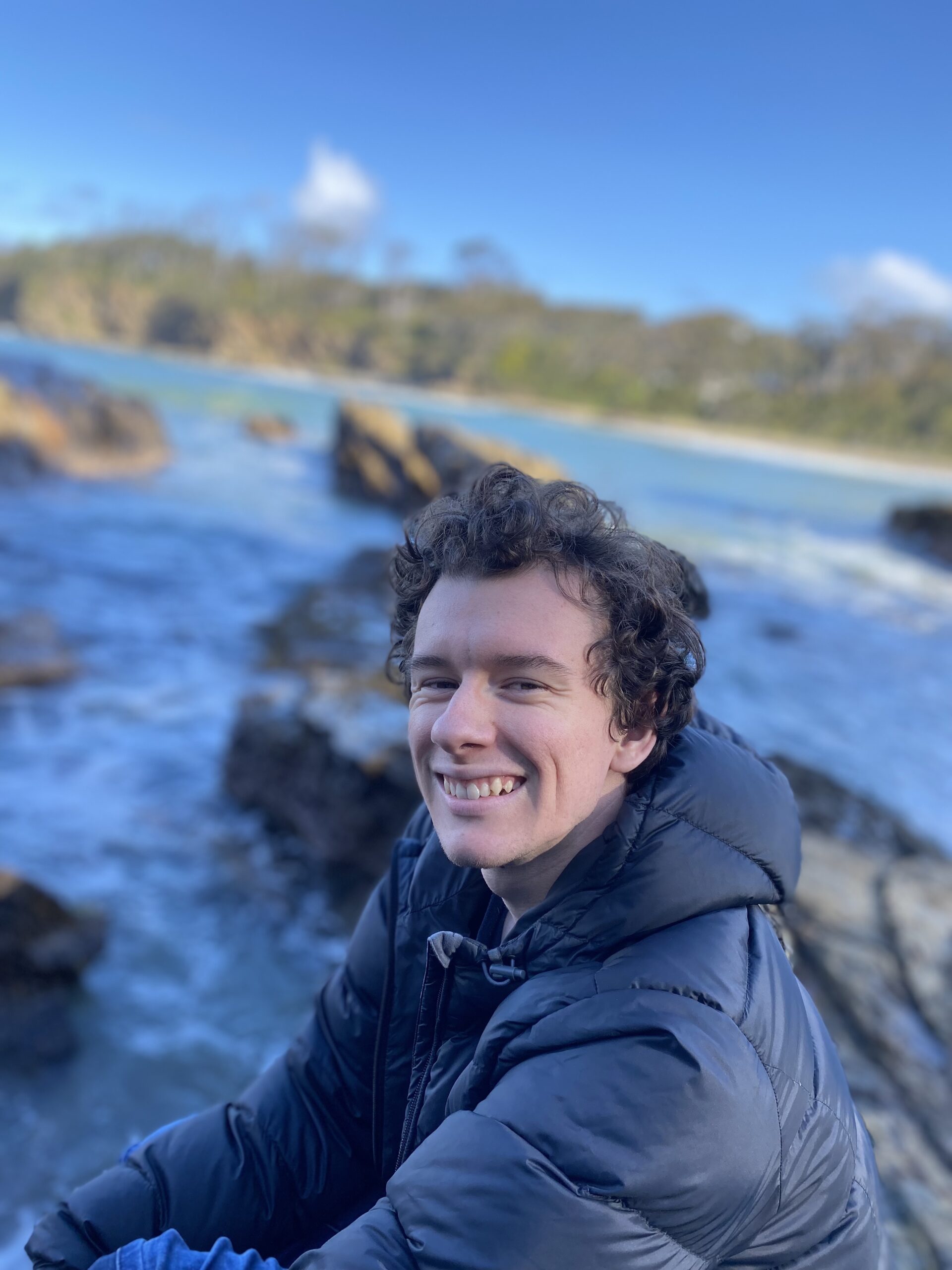No Ordinary Time
Greetings from Australia’s Central Coast! Although my ankle is still recovering, I am able to sit in a car now for decent length of time and I am looking forward to spending some time in the coastal air before joining my parents for a few weeks. This is going to be very important to me as the change of scenery has already done much to improve my mood; I have found it so constricting to stay indoors when I am typically such an active person. I am also looking forward to spending some time on my knee scooter to go on walks and start going outside a bit more.
I finished reading my first book of the year today, No Ordinary Time by Doris Kearns Goodwin. It’s a history of the United States President Franklin D Roosevelt’s and First Lady Eleanor Roosevelt during World War II, and Goodwin interviewed 86 members of staff to assist with putting together the history. I heard about this book from Morgan Housel on the Tim Ferris show podcast, and the concept so intrigued me that I had to find it — unfortunately, it was very difficult to get a copy of it now! I had to borrow it from the ANU library. I felt Housel over-hyped the book slightly, I was expecting something with a stronger narrative, whereas it felt more like Goodwin was reciting events. Indeed, sometimes the book seems so intent on including everything that these two were involved in that greater narrative threads are lost. At the same time, the book does shine in its linking of interviews with archival sources to paint a very thorough picture of what life was like for the President and First Lady during World War II.
The main reason I bring this up, however, is because despite these flaws, I still found it an interesting and indeed inspiring book. FDR, paralysed from polio, was unable to do many things that a president was expected to do, and I resonated with this, particularly in the wake of injuring my ankle and not being able to walk myself. Eleanor Roosevelt’s fierce commitment to social justice, despite intense criticism, was also inspiring and I think we could still learn much from her ideals even now. She seemed like such a forward-thinker and I am glad to know more of her story now. Together, they were an incredible team. Eleanor was able to travel and visit places across the country and on the front and report to Franklin. With his paralysis, she was his eyes and ears on the feelings of a nation. On the other hand, he was a political genius — able to figure out when to push and when to hold back. They both made mistakes, and the book doesn’t hold back from these (a major example being the forced internment of Japanese citizens). But they were able to achieve so much during the war (and before that) because of how well they worked together. There’s lots of leadership lessons to take, though the book doesn’t explicitly state them. For example, FDR always held a “cocktail hour” in the evenings, where no politics was to be discussed.
Under great stress, FDR was able to successfully lead the USA to victory in World War II, but he understood the importance of fun and rest. He made sure to get 8 hours of sleep a night, and although he worked all sorts of hours, he would also make sure to get away to his estate or a cruise for a change of scenery and personnel. For me, I try to make sure I schedule holidays after busy periods, and make sure I designate “off time” where I don’t think about work. What do you do to balance rest and work?
